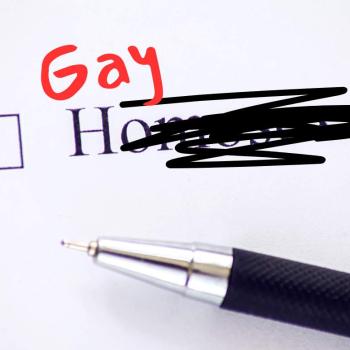Chapter 2
The second creation narrative is found in chapter 2, namely beginning in verse 4 (through Genesis 4:26).[1] It is written by “the Yahwist.” This account will vary greatly from the first. First off, let’s look at 2:5, which reads:
“when no plant of the field was yet in the earth and no herb of the field had yet sprung up—for the Lord God had not caused it to rain upon the earth, and there was no one to till the ground.”
If Genesis were to be read “literally,” this would be a direct contradiction of Genesis 1:12, which reads:
“The earth brought forth vegetation, plants yielding seed after their kind, and trees bearing fruit with seed in them, after their kind; and God saw that it was good.”
The same sort of “contradiction” is found between Genesis 1:27 & 2:7. In 2:5, there was no one to till the ground, so God made man in 2:7. However, in 1:27, as I discussed in my notes from Genesis 1, man had already been made in God’s image.
Another difference I notice is that unlike the first account, man and woman are not made together. Look at how beautiful the relationship of man and woman is in the first account. In the second, however, woman is an afterthought it seems. She is even thought of after “every animal of the field and every bird of the air” (2:19). Man also gets to name everything (2:20). Then and only then is woman conceived from man (2:22). But, she is but a helper (2:18).
From a Girardian standpoint, an important thing to notice about this account is that there is the prohibition of something. 2:17 reads:
“But of the tree of the knowledge of good and evil you shall not eat, for in the day that you eat of it you shall die.”
This is contrary to the first account, which tells us:
“I [God] have given you every plant yielding seed that is upon the face of all the earth, and every tree with seed in its fruit; you shall have them for food.” (1:29)
Prohibitions are the first pillar of culture. Thus, this account presupposes the existence of civilization. There is a different story being told. That story is because we are creatures of imitation—even each others’ desires—we inevitably come into conflict with one another. Prohibitions are placed by the community to quell violence. However, they, in and of themselves, cause desire to increase and become the “cure” and “poison”; juxtaposed much like the Greek word, pharmakon.[2] This “twisted” desire will lead to the fall in chapter 3, which I will discuss in the next installment.
[1] Hardin, The Jesus Driven Life, 172.
[2] I discuss this very idea in All Set Free.













